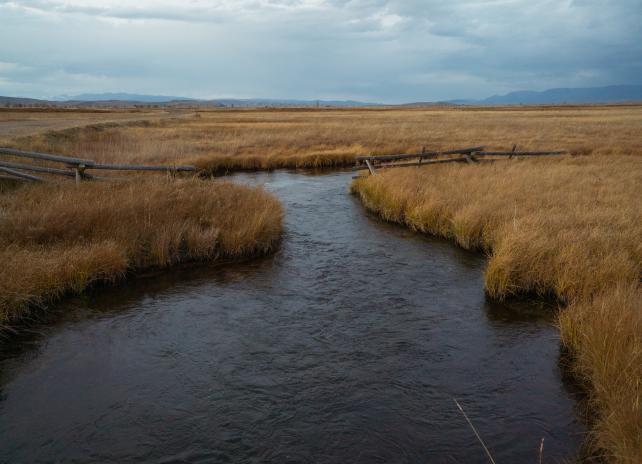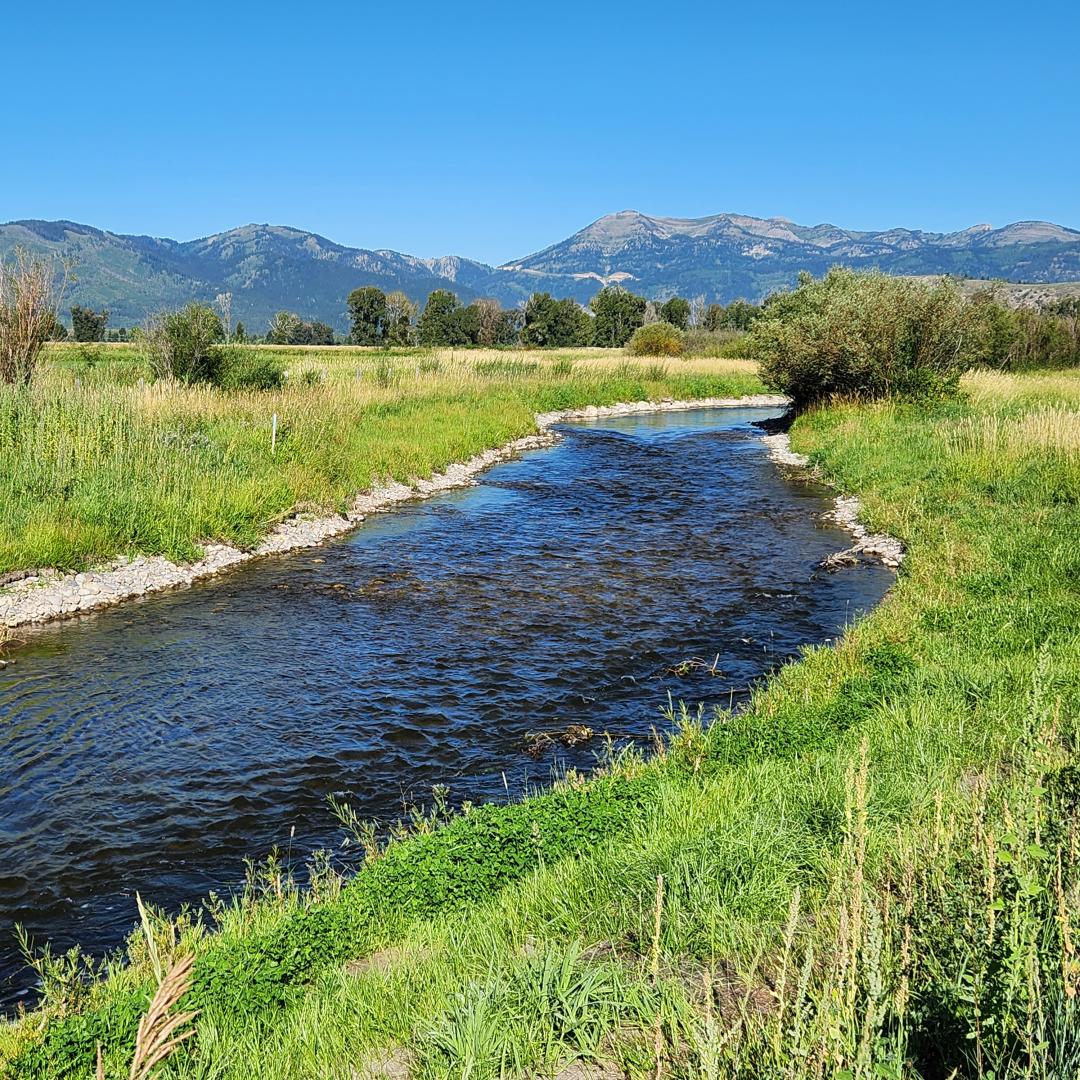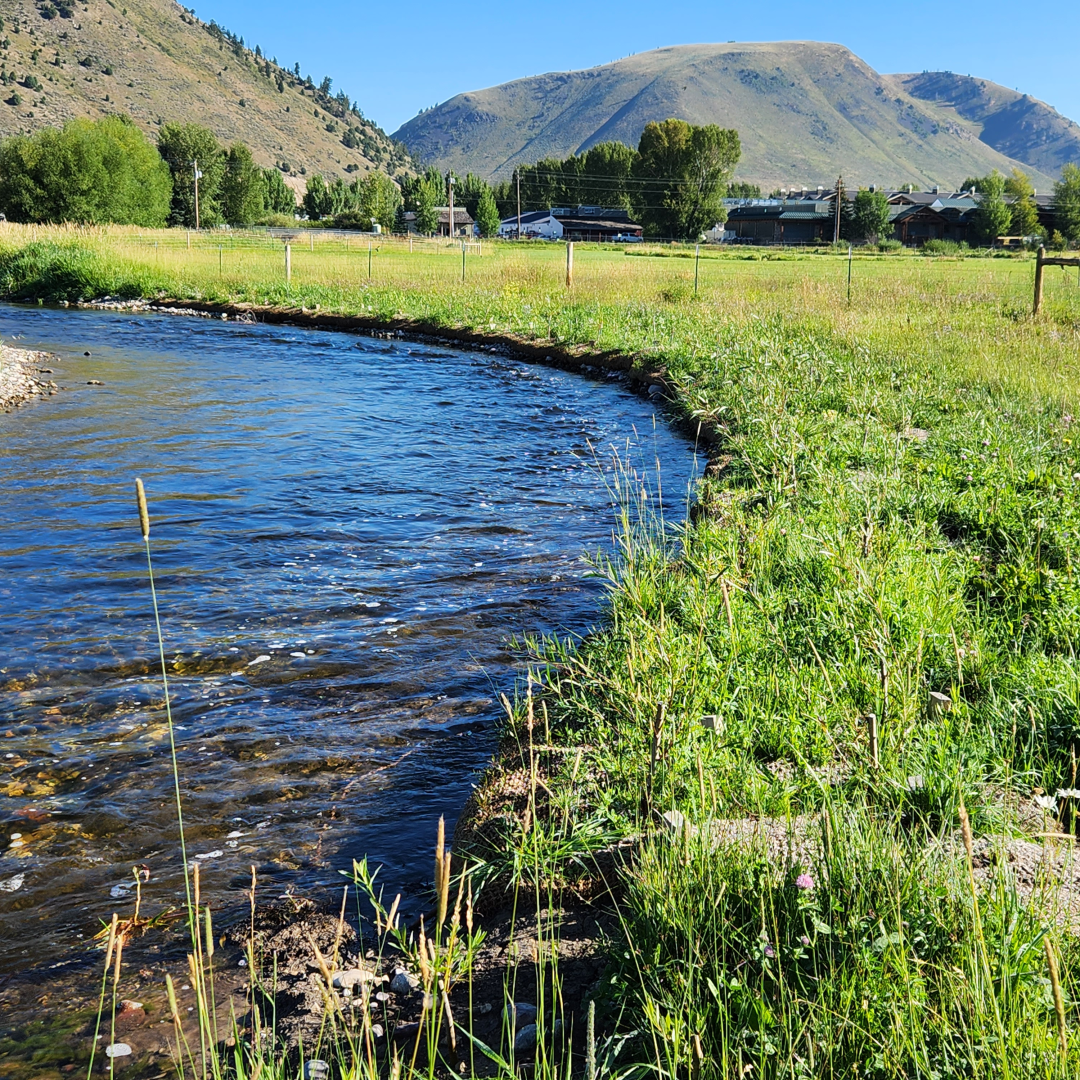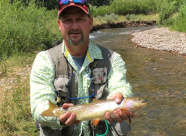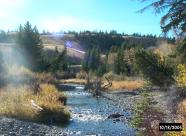The Aquatic Habitat Program has three main areas of focus:
The aquatic habitat program maintains and improves aquatic habitat by:
Protection
Game and Fish aquatic habitat biologists work through the Department Habitat Protection Program to protect habitat by identifying the effects of development proposals and suggesting alternatives to minimize impacts. Another major area of resource protection occurs when instream flow water rights are used to reserve water in streams for fisheries.
Restoration
Game and Fish restores habitat by identifying upland, riparian and stream channel issues and designing comprehensive solutions that account for watershed processes; We use basin-wide or reach-level assessments to identify problems and their sources and then work with land managers, conservation organizations and private landowners to design solutions, raise funds, implement projects, and monitor results.
Project highlights
Habitat project information
The annual statewide habitat plan report details aquatic habitat and other projects from throughout the state. Collectively, Game and Fish manages over 40 stream restoration or fish passage projects annually.
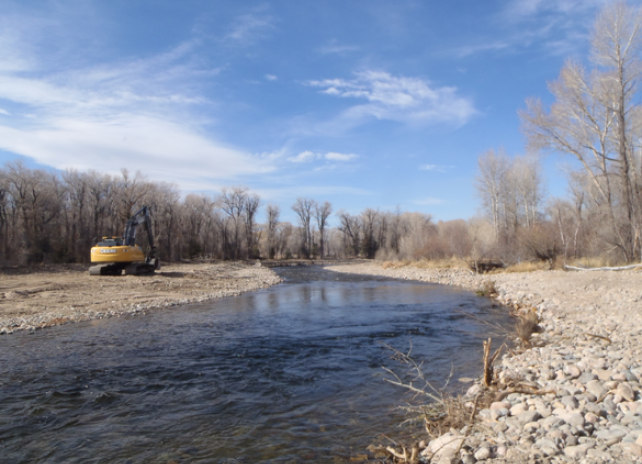
Stream classification
The system is used to identify important cold-water recreational fisheries and assess the potential impacts of proposed development projects on streams.

